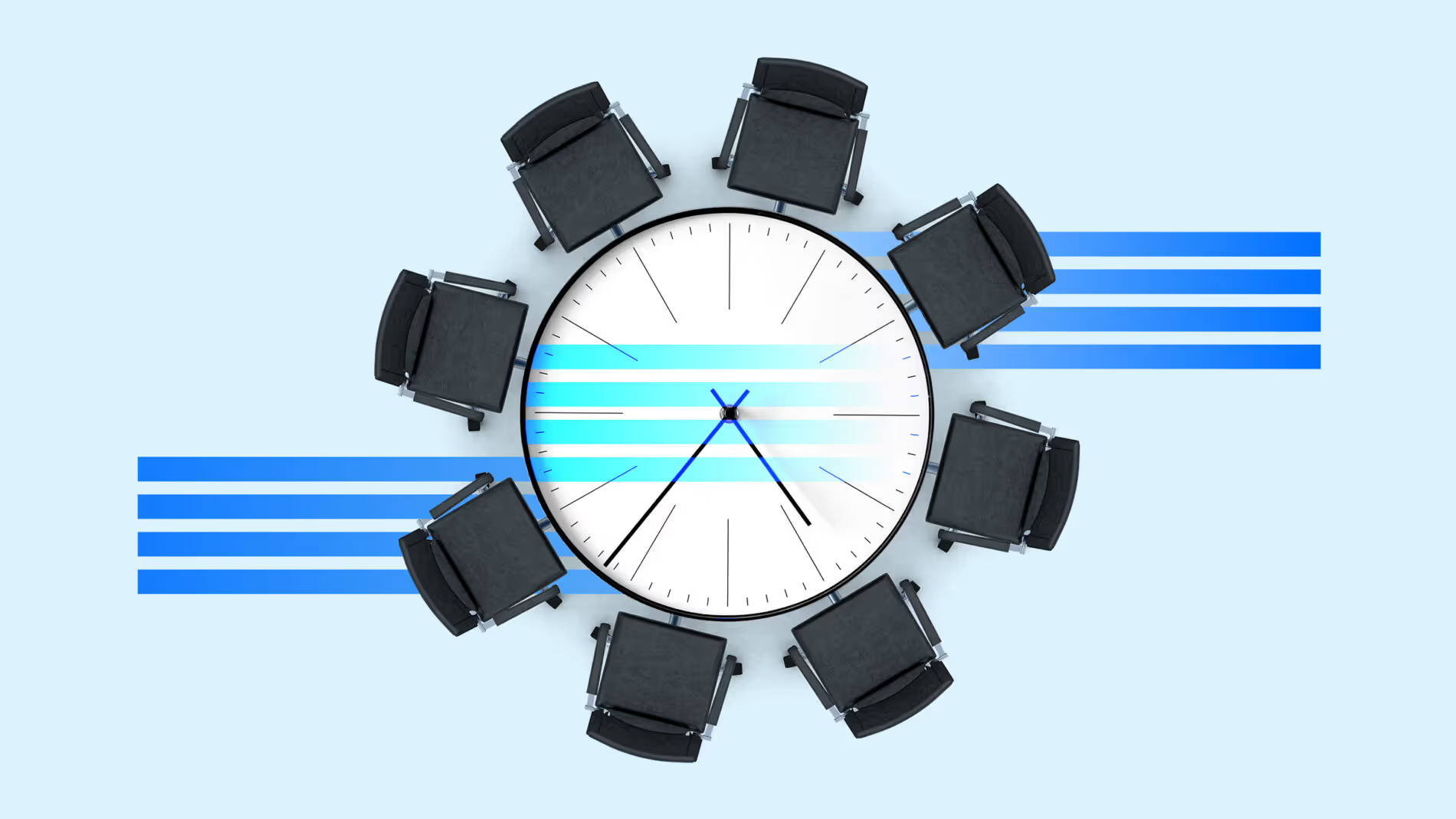Senior Executives Get More Sleep Than Everyone Else

This article was originally published in Harvard Business Review.
It’s no secret that most of us don’t get enough sleep and suffer for it. If you’re between the ages of 16 and 64, and don’t get seven to nine hours of sleep per night, your logical reasoning, executive function, attention, and mood can be impaired. Worse, severe sleep deprivation can lead to depression, anxiety, and symptoms of paranoia. In the long run, sleep deprivation is a main contributor to the risk of dementia and Alzheimer’s disease.
Surprisingly, one group that doesn’t need to heed these warnings is executives. In our assessment of 35,000 leaders and interviews with 250 more, we found that the more senior a person’s role is, the more sleep they get.
There are two possible explanations for this. Either senior executives, with the help of assistants and hard-working middle managers, do less and take more time for sleep. Or senior executives have had the wisdom and discipline throughout their career to get enough sleep and thereby maintain a high performance level without burning out.
Our conclusion is that the latter is the case. “Sleep has always been foundational for my performance,” Cees ’t Hart, president and CEO of Carlsberg Group, shared with us. “And especially to perform in a way that is required by my current job, I need seven hours of sleep, every night. Of course, with intense travel and work commitments, sometimes this is compromised, and when that happens, it comes with a cost. When I sleep less, I perform less.”
In contrast, our data found that 68% of nonexecutive leaders get five to seven hours of sleep per night. When there are not enough hours in the day, they steal some from the night. Many leaders stay up late to catch up on email or other tasks. According to our research, this tendency is widespread, regardless of gender.
This is a problem. For leaders, sleep is not a luxury. Research has found that there is a direct link between getting enough sleep and leading effectively and that sleep-deprived leaders are less inspiring.
It used to be a badge of honor to brag about sleeping few hours, but our research should serve as inspiration for aspiring leaders to make sleep sacrosanct. The key message: If you want to be an effective leader, and rise in the ranks, get enough sleep.
Of course, it’s one thing to make a commitment to go to bed early, and another to actually get seven or more hours of quality sleep. For many leaders, going to bed is only part of the problem. The other part is getting high-quality, restorative sleep.
Fortunately, a good night’s sleep is not a random event; it’s a trainable skill. Here are a few guidelines that will help you.
- Catch the melatonin wave. Go to bed when you’re just starting to feel drowsy (usually between 10 PM and 11 PM). Melatonin, a natural hormone released from the pineal gland, deep inside your brain, makes you relax, feel drowsy, and ultimately fall asleep. If you learn to notice it and go with its flow, you’ll enjoy falling asleep and have better-quality sleep during the night.
- Avoid screens. Turn off TVs, smartphones, and laptops at least 60 minutes before bed. Why? Each of those screens emits high levels of blue light rays. That blue light suppresses your pineal gland, and in turn, the production of melatonin. It’s almost like your brain reads the blue light as if the sun is still up, when in reality the sun has probably been down for hours and you should be sleeping.
- Enjoy only perceptual activities 60 minutes before bed. Too much thinking is another enemy of late-evening drowsiness. Conceptual activities like intense conversations, replying to emails, working, or reading can arouse your attention and suppress your natural sleepiness. In contrast, perceptual activities like doing the dishes, going for a walk, or listening to music can help you better catch the wave of melatonin as it rises.
- Avoid eating two hours before bed. Most people know to avoid caffeine in the hours before going to bed, but in fact, eating anything can negatively impact your ability to get good sleep. Eating activates the flow of blood and sugar in the body, keeping your body and mind alert and awake. Not the ideal state for a good night’s rest.
- Practice five minutes of mindfulness when you go to bed. Practicing mindfulness has proven to enhance sleep quality. Do five minutes of it sitting on your bed before you go to sleep, as the last thing of the day. You can find simple instructions here.



















.png)





